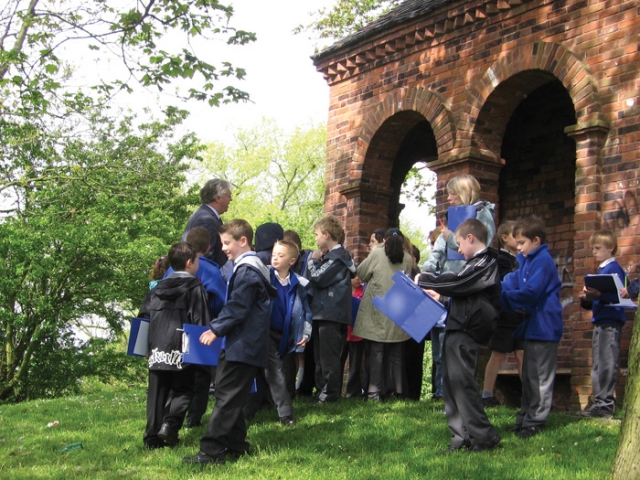Primary History Survey Report 2012
Primary Survey

History in Primary Schools
In June the Secretary of State announced that history would remain a compulsory part of the primary curriculum from age 5 to age 11. We welcomed that announcement but urged a note of caution regarding slimmed down programmes of study. The Survey into History in English Primary Schools clearly shows primary teachers receive very little training and guidance in history. Greater flexibility in the curriculum for primary must be coupled with subject specific training and good guidance. Perhaps most worrying here is that only 12% of respondents who were also subject leaders in history for their school had ever had any training in history. Lack of training in history for primary teachers could be seen as a very real concern. Coupled with the trend towards non-specialist teaching at secondary some young people could spend their entire education never being taught history by a trained historian.
Our data echoes the findings of the 2011 Ofsted report History for All, in the general enthusiasm teachers in primaries have for history. Ninety per cent of respondents to the Primary Survey felt confident in their historical content, but only 54% could say the same about their understanding of the concepts and processes underpinning historical thinking.
There is clear evidence from the 2010 and 2011 surveys that the main British history topics set out in the National Curriculum for History are being widely taught. Be that as it may, whether this leads to pupils assimilating an English or a British narrative of the past is less clear. Other evidence, including successive Ofsted and QCA history subject reports from the last 10 years, indicate that it is English history being taught and the broader British narrative is neglected.
Attached files:
- Historical Association Primary Survey 2012
279 KB Word document

